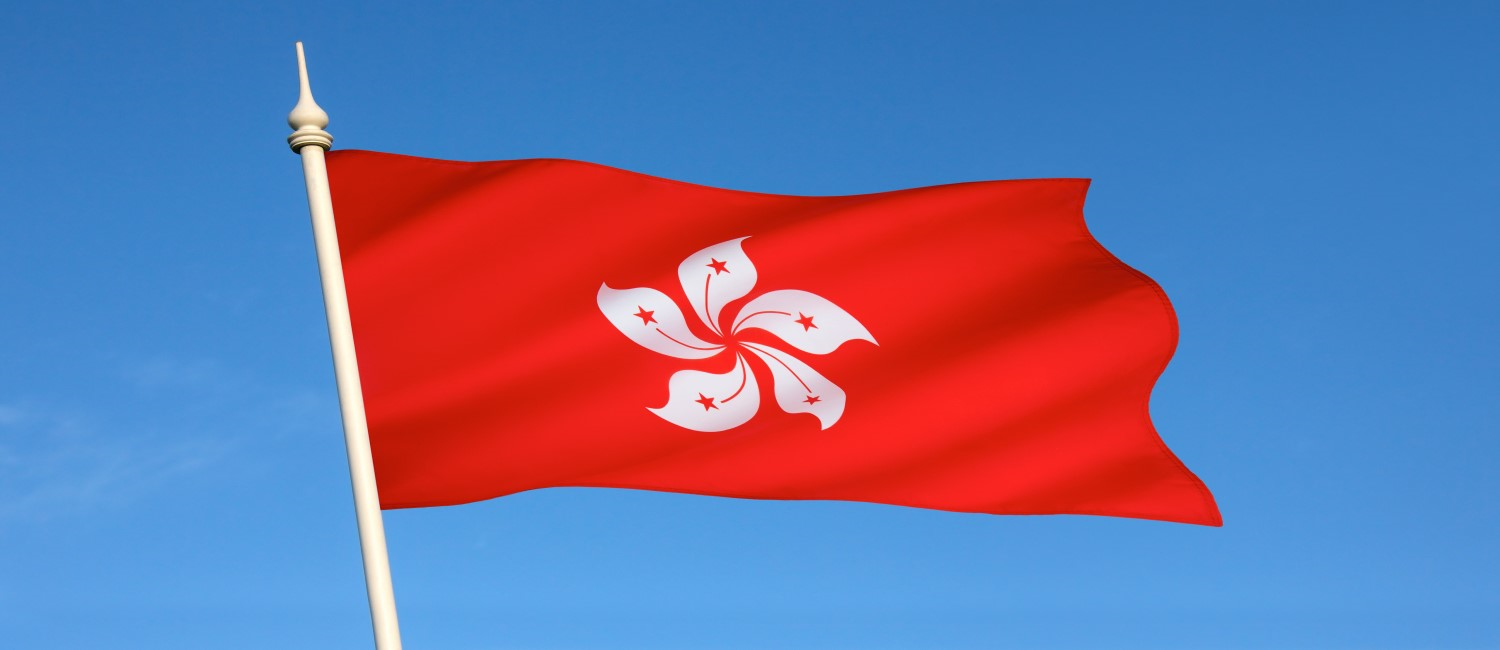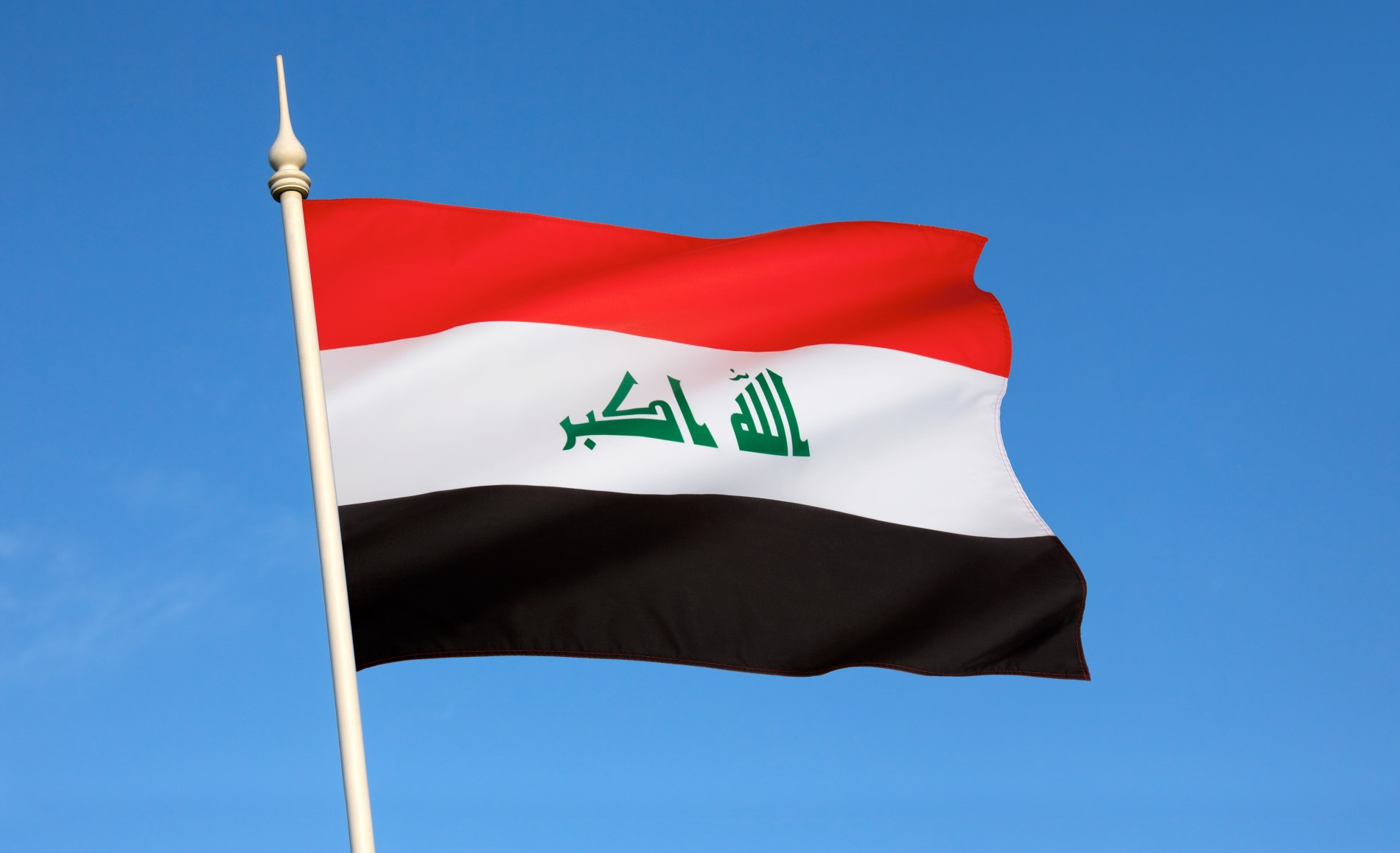In 2016, the United States Department of State's International Narcotics Control Strategy Report (INCSR) comprehensively analyzed money laundering activities in Lithuania. This report underscores Lithuania's robust legal framework designed to counter money laundering, despite not being a significant global financial center. However, the country's unique geographical location, sharing borders with Russia and Belarus, has exposed it to certain vulnerabilities, making it a target for illicit activities such as smuggling and tax evasion.
Lithuania's strategic position at the crossroads of Eastern Europe has rendered it susceptible to a range of financial crimes, particularly those related to tax evasion and VAT fraud. Notably, VAT fraud has emerged as a major contributor to illegal proceeds within the country. Criminal entities exploit gaps in reporting and value assessment to engage in activities like VAT-related financial crimes, illegal capital flight, cigarette smuggling, and the illicit sale of alcohol.
In response to these challenges, the Republic of Lithuania has implemented a series of foundational laws aimed at preventing money laundering and the financing of terrorism. These legal measures address a spectrum of illicit financial activities, including:
- Property Transformation and Transfer: The legislation prohibits the transformation or transfer of assets with the intention of facilitating their illegal origins or benefiting individuals associated with these assets.
- Concealment of Property Information: Laws mandate the disclosure of accurate information concerning the origin, source, location, rights related to property, and any information acquired from criminal activities.
- Acquisition and Use of Property Information: Individuals who acquire or utilize information about property in the context of criminal activities are subject to legal action under the anti-money laundering framework.
These provisions collectively define money laundering activities in Lithuania and facilitate the prosecution of individuals engaged in such activities. The government's commitment to addressing these issues underscores the significance it places on maintaining the integrity of its financial system and deterring financial crimes.
While Lithuania has made substantial progress in combating money laundering, it continues to enhance its AML efforts through ongoing refinements to its legal and regulatory frameworks. Collaboration with international counterparts, information sharing, and staying updated on emerging trends remain critical components of Lithuania's strategy to combat money laundering and associated financial crimes effectively.
The Latest Report on Lithuania
The "3rd Enhanced Follow-up Report & Technical Compliance Re-Rating" provides an assessment of Lithuania's efforts to improve its AML/CFT measures. Conducted by the Committee of Experts on the Evaluation of Anti-Money Laundering Measures and the Financing of Terrorism (MONEYVAL), this report aims to evaluate Lithuania's compliance with international standards and its progress in addressing previously identified deficiencies.
Lithuania's mutual evaluation report (MER) was initially adopted in December 2018, followed by its 1st and 2nd Enhanced Follow-up Reports in June 2020 and November 2021, respectively. These reports analyze Lithuania's progress in addressing the technical compliance (TC) deficiencies identified in the MER and subsequent assessments. Re-ratings are given based on the progress made, with the expectation that countries address most, if not all, TC deficiencies within three years of the MER adoption.
Findings of the Mutual Evaluation Report and Subsequent Follow-Up Reports:
This section presents the technical compliance ratings assigned to Lithuania in different areas according to the mutual evaluation report and subsequent follow-up reports. The ratings are categorized as compliant (C), largely compliant (LC), partially compliant (PC), and non-compliant (NC).
Overview of Progress to Improve Technical Compliance:
This section delves into the measures Lithuania has taken to address specific technical compliance deficiencies identified in the MER and subsequent follow-up reports. It discusses progress made and any remaining shortcomings in relation to each identified deficiency.
As a result of all above, it highlights the re-ratings of specific recommendations and emphasizes the need for Lithuania to continue its efforts to address remaining deficiencies. It also outlines the steps Lithuania is expected to take in the future, including reporting back to MONEYVAL on progress.
The report comprehensively evaluates Lithuania's efforts to enhance its AML and CTF measures, focusing on technical compliance improvements. The analysis includes specific deficiencies, progress made, and any remaining shortcomings, ultimately contributing to the country's ongoing development of effective AML and CTF frameworks.
Lithuanian Authorities and Regulations
Authorities
The Financial Crime Investigation Service (FNTT) in Lithuania is a specialized law enforcement agency that investigates and prevents financial crimes, including money laundering, terrorist financing, and other related offenses. It operates under the Ministry of Finance and plays a crucial role in ensuring compliance with AML/CFT regulations.
Key responsibilities of the FNTT include:
- Investigation and Enforcement: The FNTT is responsible for investigating and uncovering cases of financial crime, including money laundering, tax evasion, fraud, and other illicit financial activities. It gathers evidence, conducts inquiries, and collaborates with other law enforcement agencies and international partners.
- AML and CTF Oversight: The FNTT supervises and monitors financial institutions and other entities to ensure compliance with AML and CTF regulations. This includes ensuring that businesses follow customer due diligence procedures, report suspicious transactions, and maintain records as required by law.
- International Cooperation: Financial crimes often have international dimensions. The FNTT collaborates with other countries' law enforcement and regulatory agencies, sharing information and coordinating efforts to combat cross-border financial crime effectively.
- Training and Awareness:The FNTT may also engage in educational and awareness programs to help financial institutions, businesses, and the general public understand AML and CTF requirements and recognize signs of suspicious activities.
- Policy and Regulation: The agency may contribute to the development of policies, regulations, and laws related to financial crime prevention and AML/CTF measures.
- Reporting and Analysis: The FNTT may compile data and intelligence related to financial crime trends and patterns, contributing to a better understanding of evolving threats and helping in the formulation of effective countermeasures.
Regulations
Like many other countries, Lithuania follows international standards and regulations in AML/CFT. These regulations are designed to prevent the misuse of the financial system for illegal activities and to ensure the transparency and integrity of financial transactions.
Key regulations and frameworks that apply to AML and CFT in Lithuania include:
- Sixth Anti-Money Laundering Directive (AMLD6): AMLD6 further strengthened AML/CFT regulations by focusing on legal persons' criminal liability, enhancing financial intelligence units' powers, and improving cooperation and information exchange among authorities.
- Lithuanian Law on the Prevention of Money Laundering and Terrorist Financing: Lithuania has its own national legislation that implements the EU directives and outlines the requirements for AML and CFT measures within the country. This law establishes the roles and responsibilities of various entities, including financial institutions and the Financial Crime Investigation Service (FNTT).
- Customer Due Diligence (CDD): Financial institutions in Lithuania are required to conduct customer due diligence procedures, which involve verifying the identity of customers, assessing the risk of money laundering or terrorist financing, and monitoring transactions for suspicious activities.
- Reporting Obligations: Financial institutions and certain businesses are obligated to report suspicious transactions or activities to the FNTT. This reporting helps authorities investigate and prevent potential financial crimes.
- Record Keeping: Entities subject to AML/CFT regulations are required to maintain records of transactions, customer identification, and other relevant information for a specified period.
- Sanctions Screening: Financial institutions are expected to screen transactions against lists of sanctioned individuals and entities to ensure compliance with international sanctions regimes.
AML and Risk Solutions
In the fast-paced world of global business, staying compliant with evolving regulations and safeguarding against financial risks has never been more crucial. Enter Sanction Scanner, as a trusted partner in ensuring airtight AML/CFT compliance. With a commitment to excellence and innovation, Sanction Scanner offers cutting-edge technology that empowers businesses in Lithuania and beyond to navigate complex regulatory landscapes effortlessly.
Its comprehensive suite of solutions is tailored to meet the unique needs of businesses operating in Lithuania or engaging with Lithuanian partners. Seamlessly integrating into your existing processes, Sanction Scanner's state-of-the-art tools provide real-time sanctions screening, making sure your transactions are always in line with international regulations. Efficient, automated processes save you time and resources, allowing you to focus on what truly matters, growing your business. Contact us today to learn more about Sanction Scanner's solutions.






